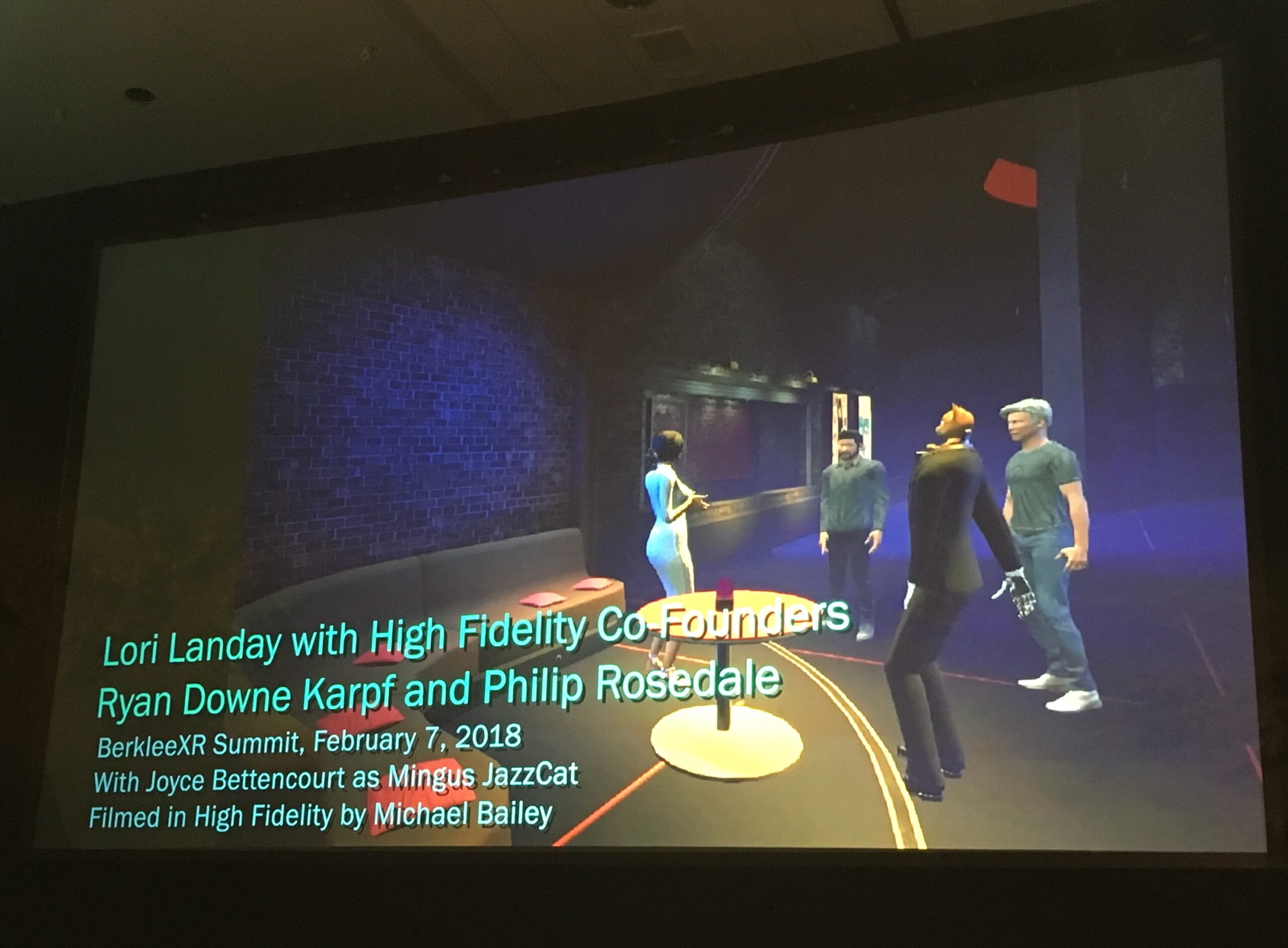For the past year, Lori Landay has worked on using virtual and augmented reality to help people on the autism spectrum tackle challenging experiences like socialization and stage fright. She and her team also worked on ways to make VR itself more accommodating for players with sensitivities to light, sound, and other environmental factors. In a Game Developers Conference panel on Monday, Landay explained how designing for accessibility can make VR enjoyable for everyone.
Landay is a professor of visual culture and new media at Boston’s Berklee College of Music, and she began studying what she calls “virtual subjectivity” over 10 years ago. She initially researched Second Life, specifically the way different players could have personalized experiences. For instance, two avatars might share the same virtual space, but each player might have different settings or view the scene from a different camera angle. She applied the concept of having customizable experiences to VR and AR.

Unlock premium content and VIP community perks with GB M A X!
Join now to enjoy our free and premium membership perks.
![]()

![]()